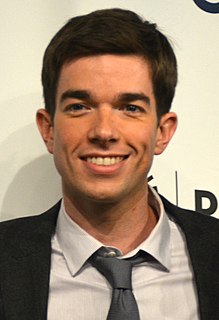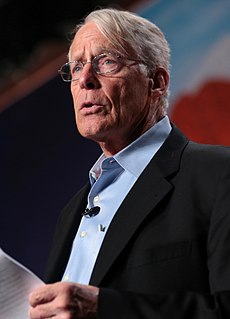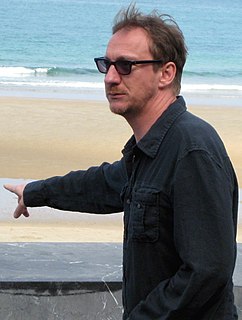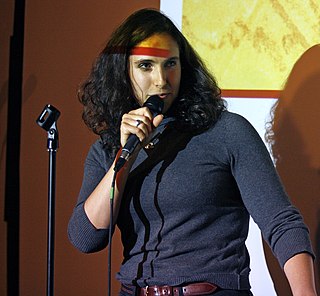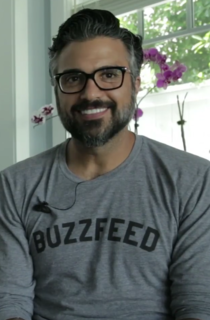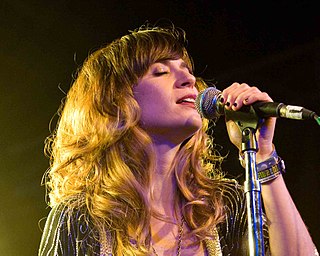A Quote by John Mulaney
There are a lot of great jokes you can sit down and write, but that's just a written joke, versus the comedy of the situation. Ideally, you're pulling as much comedy out of the situation as you can.
Related Quotes
Having written both comedy and drama, comedy's harder because the fear of failure's so much stronger. When you write a scene and you see it cut together, and it doesn't make you laugh, it hurts in a way that failed drama doesn't. Failed drama, it's all, 'That's not that compelling,' but failed comedy just lays there.
Tweeting is a great way to practice writing jokes, but there is so much more to comedy writing than just jokes. Jokes are a necessity, but you also have to learn how to write characters, to break a story, to keep coherence between episodes. I've learned more by being a TV writer than I ever could've on my own.
When I was working with Barry Sonnenfeld, I'd watch him set up a shot and talk to him about what he was seeing and what it was to shoot comedy. He told me that a lot of times with comedy, it's not just about getting the joke, but getting a reaction to the joke. That's the laugh - it's somebody's else's reaction to the joke.
I don't like my wrestling or entertainment in general to be too clean or predictable for me as a fan. When I say clean, I'm not talking about dirty jokes, middle fingers and stuff like that. I'm actually not even a big fan of that. A lot of people talk about the attitude era being so great but a lot of it was terrible crap, sex jokes and over-the-top terrible bad comedy. It was Jerry Springer-like. They made a joke about a woman's breasts. Hilarious, but where's the wrestling? I look back on a lot of stuff now, and I'm like where's the wrestling? It's just a lot of crappy jokes.
Those situations were just taking over my entire life. It was fun to write in a way, because it helped me take a really bad situation and a really sad situation and make beautiful songs out of them. When I got half of the song written it was like, "Oh, this is great." It was like the one thing that was making me happy again.
